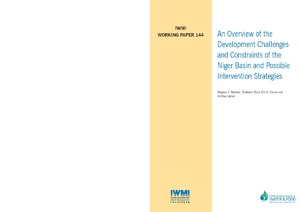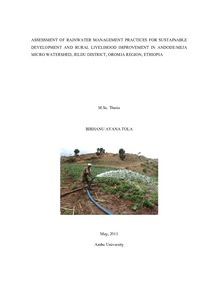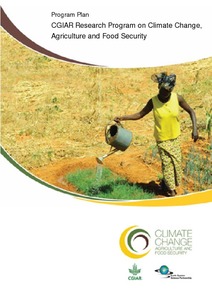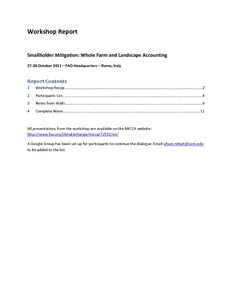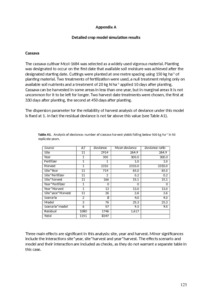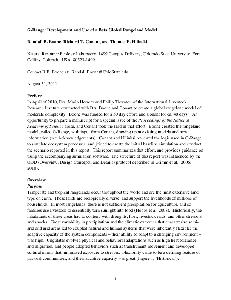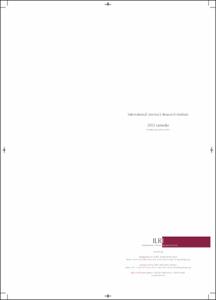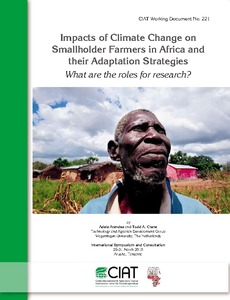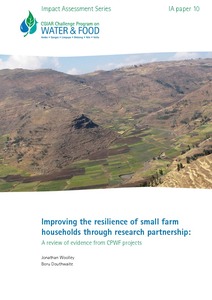An overview of the development challenges and constraints of the Niger Basin and possible intervention strategies
The Niger River Basin covers 7.5% of the African continent, and is shared between nine riparian
countries. The basin countries can be categorized into water resources producers, consumers, both
producers and consumers, and minimum contributors and consumers. As in the case for most
transboundary rivers, upstream and downstream conflicts emanating from the development and
utilization of the Niger River are inevitable and are expected to be intense, particularly given the

